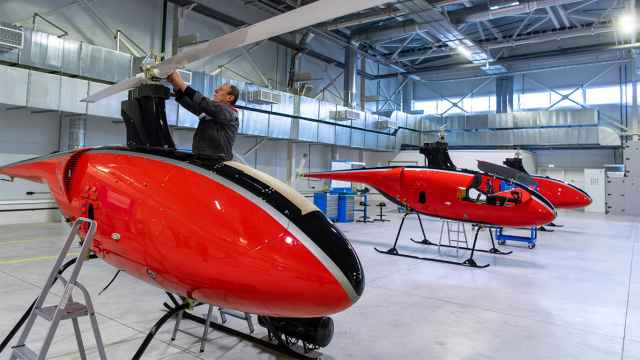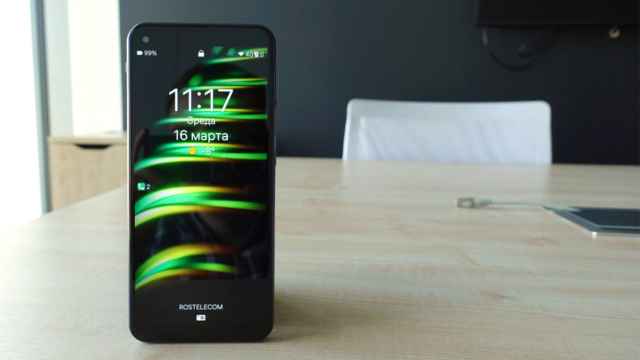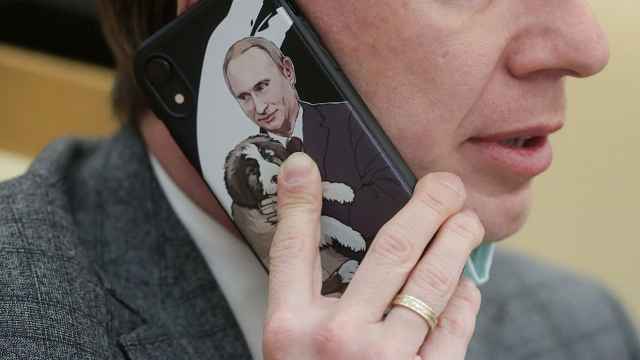China's Huawei has begun talks with Russia about installing Russian operating system (OS) Aurora on 360,000 of its tablets to conduct Russia's population census next year, two sources told Reuters.
Huawei has been seeking alternative operating systems to Google's Android OS after Washington put the world's second-largest smartphone maker on a so-called Entity List that threatens to cut off its access to the essential U.S. components and technology.
"This is a pilot project. We see it as the first stage of launching the Russian OS on Huawei devices," the first source said.
Huawei is in talks with the Russian Ministry of Communications, a spokeswoman for Huawei said, but did not provide any other details.
Last week, Huawei said the U.S. trade restrictions could cut its smartphone unit's revenue by about $10 billion this year.
Russia is discussing the use of Aurora OS on 360,000 Huawei tablets by August 2020.
"Huawei is interested in the project. It showed samples of tablets that could be used," the second source said. Aurora is Russia's only OS and is not currently being used.
Huawei is also racing to develop an operating system of its own in preparation for the worst-case scenario of being stripped of essential Google Android apps.
The owner of Aurora, Russia's state telecommunications operator, Rostelecom, is the sole contractor for buying tablets to hold the population census in Russia, which has a population of 147 million, next October.
"Various options for collaboration with Huawei are currently being considered with participation of the Ministry of Communications... We don't disclose details yet, there is an agreement on confidentiality," Rostelecom said in a written reply to a Reuters request for a comment.
A spokesman for the Ministry of Communications declined to comment.
A Message from The Moscow Times:
Dear readers,
We are facing unprecedented challenges. Russia's Prosecutor General's Office has designated The Moscow Times as an "undesirable" organization, criminalizing our work and putting our staff at risk of prosecution. This follows our earlier unjust labeling as a "foreign agent."
These actions are direct attempts to silence independent journalism in Russia. The authorities claim our work "discredits the decisions of the Russian leadership." We see things differently: we strive to provide accurate, unbiased reporting on Russia.
We, the journalists of The Moscow Times, refuse to be silenced. But to continue our work, we need your help.
Your support, no matter how small, makes a world of difference. If you can, please support us monthly starting from just $2. It's quick to set up, and every contribution makes a significant impact.
By supporting The Moscow Times, you're defending open, independent journalism in the face of repression. Thank you for standing with us.
Remind me later.







